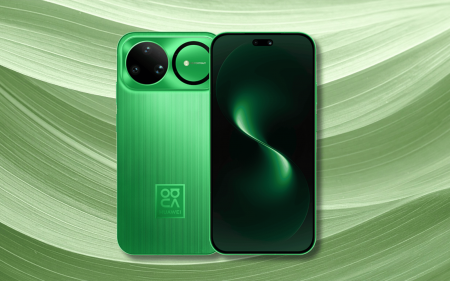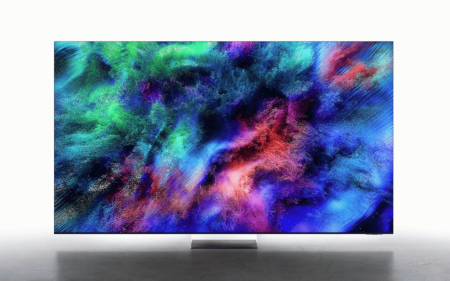If ever Alanis Morissette wanted a definition of “ironic” it was Mark Zuckerberg’s use last week of the word “privacy”. He says bizarre things like Robert Mugabe used to, oblivious to the reality on the ground, and how absurd his utterances sound.
His latest tone-deaf comment – after his assessment that it was a “pretty crazy idea” that fake news affected the 2016 US elections or that Holocaust denialists can still spew their patent lies because they weren’t “intentionally getting it wrong” – is his “vision” for how people “want to connect privately in the digital equivalent of the living room”.
“Privacy gives people the freedom to be themselves and connect more naturally, which is why we build social networks,” he wrote in a 3,200 word missive, obviously on Facebook, which was revealed last year to track even people who hadn’t signed up to it.
This is the man who said in 2010 – without any irony – that “privacy” was a “social norm… that has evolved over time” while failing to acknowledge it was Facebook which forced this new norm onto its users. He also infamously spent over US$30m buying up the four houses around his own so that he could have more privacy himself.
As is always the case, Zuckerberg and Facebook define privacy as how people share their content on Facebook or through these messaging channels – not how Facebook uses the data that people share. That, Mr Zuckerberg, is what the world really means about “privacy”.
Last week there was another astounding revelation about how Facebook misuses the data supplied to it. To make logging onto a service more secure, you can use your mobile number for a one-time pin that is SMSed to you. People who provided their numbers for this very useful security feature where amazed to discover that Facebook was using this for an entirely different purpose, without their permission. This is so advertisers could “look them up” using it. This is known technically as two-factor authentication. Your password is the first factor, this pin the second. To Facebook, it’s not privacy, just more data.
Even when Facebook does the right thing for security, it does the wrong thing. It can’t help itself.
In case you’ve forgotten, Facebook’s users are not it customers. Advertisers are.
The most insidious aspect in this latest Zuckerberg announcement is a much more worrying concern. By amalgamating all its messaging services, Facebook doesn’t just want to be the world’s largest social media network (with 2.3bn users) but also the largest messaging network. WhatsApp (1.5bn), Messenger (1.3bn) and Instagram (1bn) are behemoths in their own right. Facebook has been found, by numerous European government privacy watchdogs, to have lied when it claimed it couldn’t divorce the data when it bought WhatsApp. Now, you can see Facebook is trying to tie all of these messaging services together, using end-to-end encryption as the excuse. But it will claim it can’t separate them when government regulation comes along to break these up. Already anti-competition authorities are arguing that Facebook may have broken the terms of its purchase of WhatsApp and Instagram.
This is the reason Facebook is the poster child of surveillance capitalism. Don’t let this talk of privacy fool you.
This column first appeared in Financial Mail




